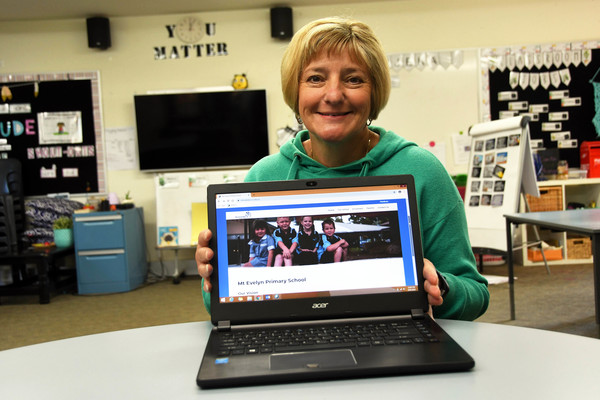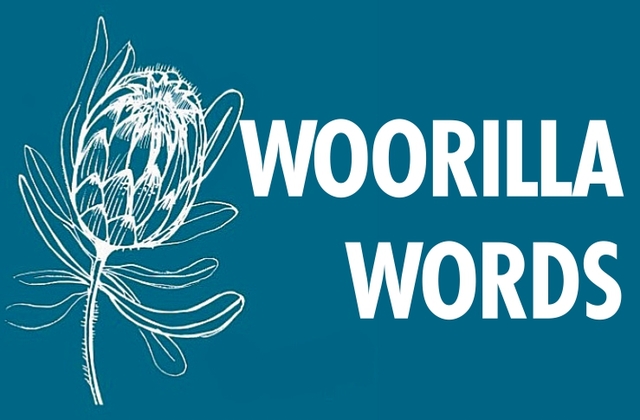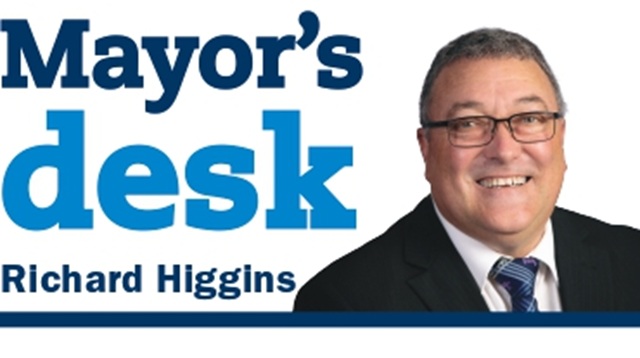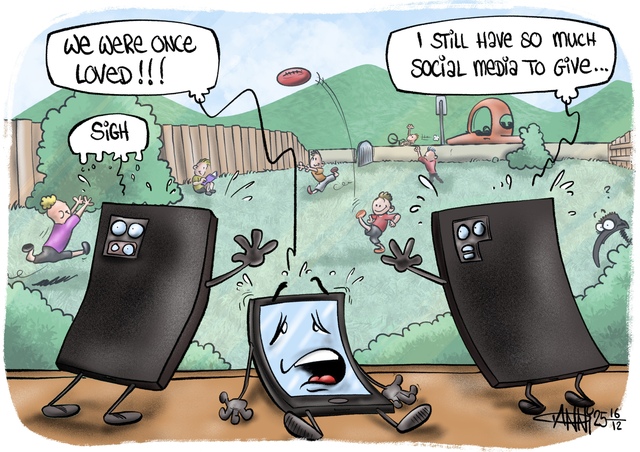Schools across the Yarra Ranges will take learning online this week in a bid to help prevent the spread of Covid-19.
On 7 April the State Government announced that all Victorian primary, secondary and special schools will move to remote and flexible learning and teaching following advice from the Chief Health Officer.
The government assured that free internet access – through supplied SIM cards and dongles – and laptops will be provided to students in need.
Meanwhile, Year 12 students will still receive an ATAR score but there will be numerous changes to the academic timetable for VCE and VCAL.
Despite there being exceptions made in extremely limited circumstances, the State Government said all students that can work from home must work from home.
The decision comes as the number of confirmed Covid-19 cases in the Yarra Ranges sits at 21.
On 12 April, Premier Daniel Andrews also extended Victoria’s State of Emergency until 11 May.
Mount Evelyn Primary School principal Angela O’Hare said the school’s content is ready for the first three days of learning.
She said staff will take their time adapting to the new style and keep things as simple as possible.
“We’re going to be learning as we go but at the moment we’re all pretty positive about it and we’re pretty well organised,” she said.
“We as staff had a discussion early on in the piece to say that we were going to have to be adaptable in the expectations we have of the kids.”
Ms O’Hare said staff have been exploring unique ways to teach primary school students from home.
This includes ideas such as using kitchen measuring cups, household items and Lego for maths and counting.
“We’ve been looking at how to teach the content and make it more home-based,” she said.
“It’s mainly the little ones where it’s going to be so much more hands on.”
Despite arrangements being made for students that might have difficulty accessing technology, Victoria University’s Mitchell Institute warned that the closure of schools will deepen education inequality.
The institute’s deputy education policy lead, Sergio Macklin, said governments needed to deliver policies that would support the most disadvantaged students to continue their learning remotely.
“Low income families, children with disabilities, Aboriginal children and those from linguistically diverse backgrounds face some of the biggest challenges when learning at home,” he said.
“These students were already not-well served by the pre-Covid education system and are at highest risk of potentially seeing their learning either slow significantly or stop entirely with school closures.”
Victorian government schools will recommence on 14 April with a pupil-free day and students will begin classes on 15 April.
The new arrangements will remain in place for the duration of Term 2 and will then be reviewed.







